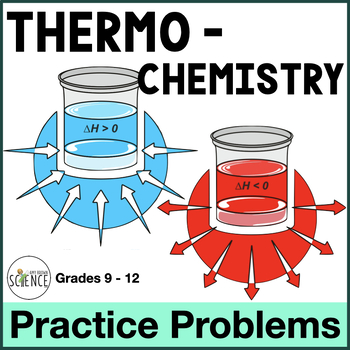Thermodynamique
Résumé de section
-
University: Djilali Bounaama Khemis Miliana
Faculty: Sciences and Technology
Department: Renewable Energies
Level: L1 Licence
Module: Thermodynamics (Chemistry 2)
Semester: 2
Coefficient: 3
Lecturer: Dr. CHERIFI Souad.
Specialty: Water and Environment
Diploma: Doctor in Process Engineering
Grade: MCB
Contact: You can contact me on s.cherifi@univ-dbkm.dz
Assessment method: Continuous Assessment: 40%, Final Examination: 60% -

Thermodynamics is the branch of physics and physical chemistry that deals with energy, heat, work, and their transformations in physical and chemical processes. It provides fundamental laws governing the behavior of macroscopic systems and is essential in fields like engineering, chemistry, biology, and environmental science.
-
This course introduces the First Law of Thermodynamics, the fundamental principle governing energy conservation in physical and chemical systems. You will learn how energy is transferred as heat (Q) and work (W), and how these interactions affect a system’s internal energy (U). Applications range from engines and refrigerators to biological processes and chemical reactions.
-

This course explores how the First Law of Thermodynamics (ΔU = Q + W) governs energy changes in chemical reactions. You will learn to quantify heat transfer (Q), work (W), and internal energy (ΔU) in reactions, with applications to calorimetry, bond energies, and reaction spontaneity. Key topics include enthalpy (H), Hess’s Law, and standard reaction heats, bridging theory with lab techniques like bomb calorimetry.
-
This course explores the Second Law of Thermodynamics, which governs the direction of natural processes and introduces the concept of entropy (S)—a measure of disorder or energy dispersal. You will learn why some processes are spontaneous (e.g., ice melting) while others are not (e.g., heat flowing from cold to hot). Key topics include Carnot cycles, Gibbs free energy (G), and thermodynamic efficiency, with applications to engines, refrigerators, and biological systems.
-
In thermodynamics, the criteria for system evolution provide fundamental tools to predict:
Whether a process can occur spontaneously (without external intervention).
The direction and extent of a physical or chemical change.
Equilibrium conditions (where the system stops evolving).
These criteria are rooted in free energy (G) and enthalpy (H), bridging the First and Second Laws of Thermodynamics.

